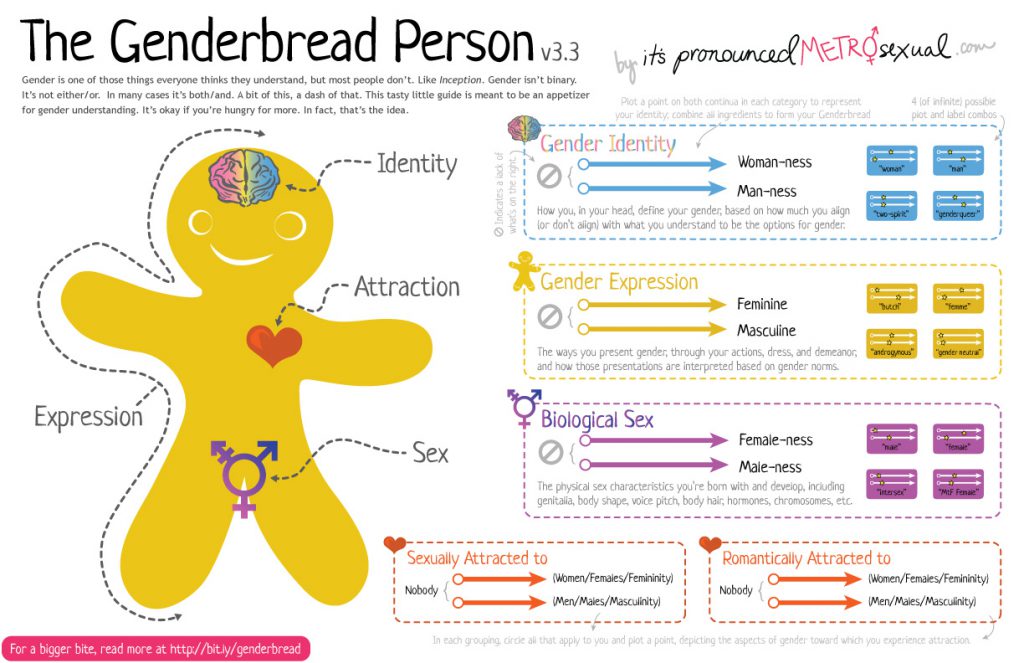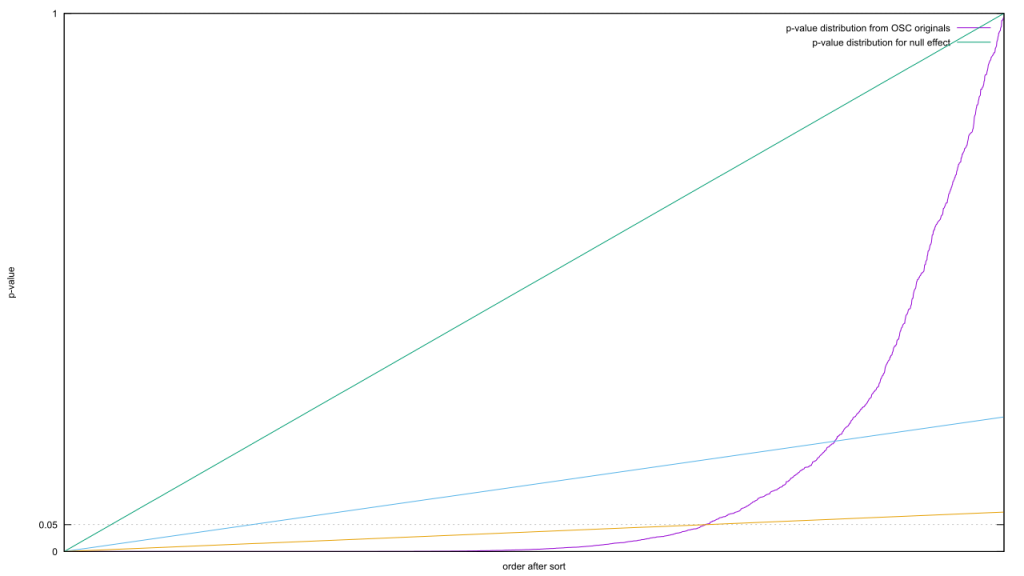I’m disappointed I don’t see more recognition of this.
If one had to choose a single moment that set off the “replication crisis” in psychology—an event that nudged the discipline into its present and anarchic state, where even textbook findings have been cast in doubt—this might be it: the publication, in early 2011, of Daryl Bem’s experiments on second sight.
I’ve actually done a long blog post series on the topic, but in brief: Daryl Bem was convinced that precognition existed. To put these beliefs to the test, he had subjects try to predict an image that was randomly generated by a computer. Over eight experiments, he found that they could indeed do better than chance. You might think that Bem is a kook, and you’d be right.
But Bem is also a scientist.
Now he would return to JPSP [the Journal of Personality and Social Psychology] with the most amazing research he’d ever done—that anyone had ever done, perhaps. It would be the capstone to what had already been a historic 50-year career.
Having served for a time as an associate editor of JPSP, Bem knew his methods would be up to snuff. With about 100 subjects in each experiment, his sample sizes were large. He’d used only the most conventional statistical analyses. He’d double- and triple-checked to make sure there were no glitches in the randomization of his stimuli. Even with all that extra care, Bem would not have dared to send in such a controversial finding had he not been able to replicate the results in his lab, and replicate them again, and then replicate them five more times. His finished paper lists nine separate ministudies of ESP. Eight of those returned the same effect.
One way to attack an argument is to merely follow its logic. If you can find it leads to an absurd conclusion, the argument must have been flawed even if you cannot find the flaw. Bem had inadvertently discovered a “reductio ad absurdum” argument against contemporary scientific practice: if proper scientific procedure can prove ESP exists, proper scientific procedure must be broken.
Meanwhile, at the conference in Berlin, [E.J.] Wagenmakers finally managed to get through Bem’s paper. “I was shocked,” he says. “The paper made it clear that just by doing things the regular way, you could find just about anything.”
On the train back to Amsterdam, Wagenmakers drafted a rebuttal, to be published in JPSP alongside the original research. The problems he saw in Bem’s paper were not particular to paranormal research. “Something is deeply wrong with the way experimental psychologists design their studies and report their statistical results,” Wagenmakers wrote. “We hope the Bem article will become a signpost for change, a writing on the wall: Psychologists must change the way they analyze their data.”
Slate has a long read up on the current replication crisis, and how it links to Bem. It’s aimed at a lay audience and highly readable; I recommend giving it a click.



